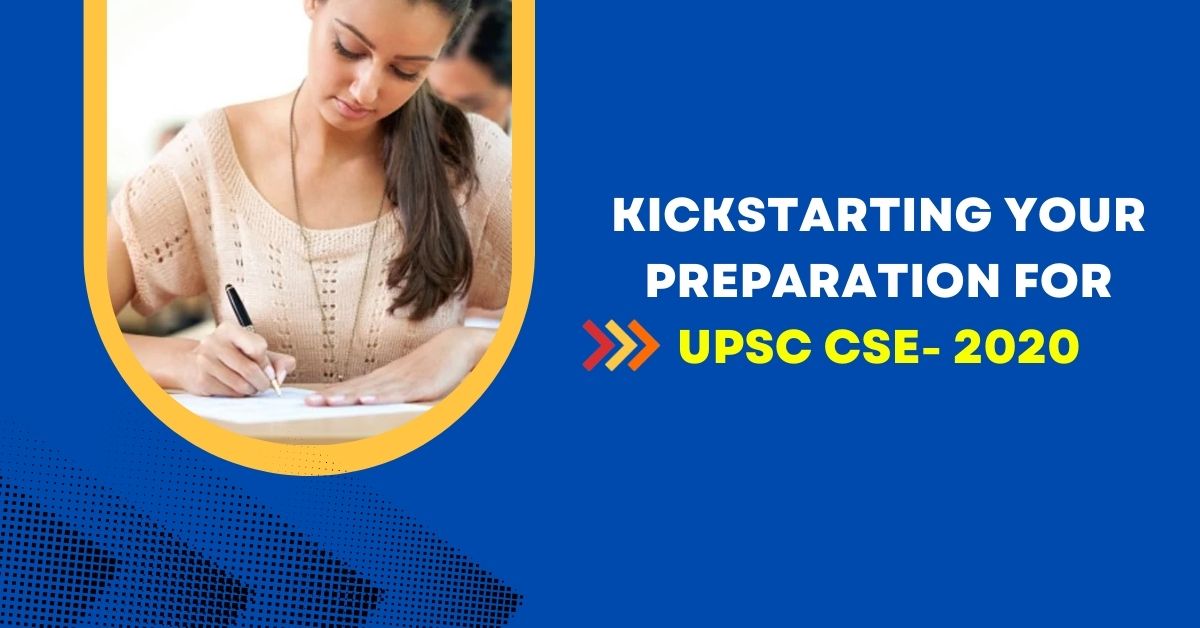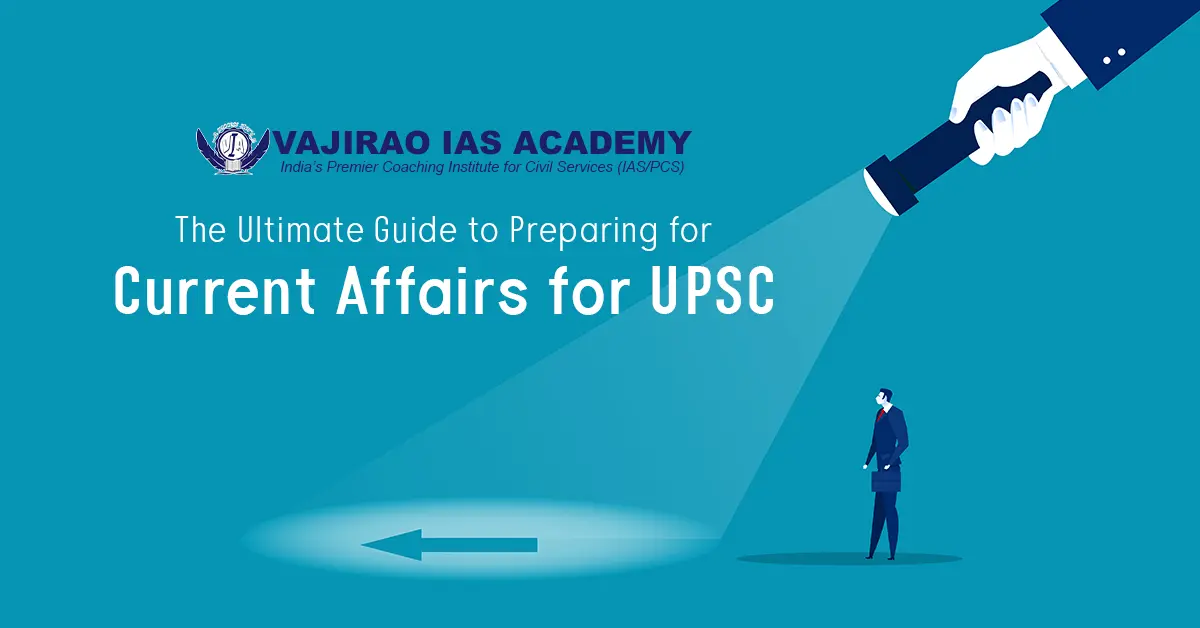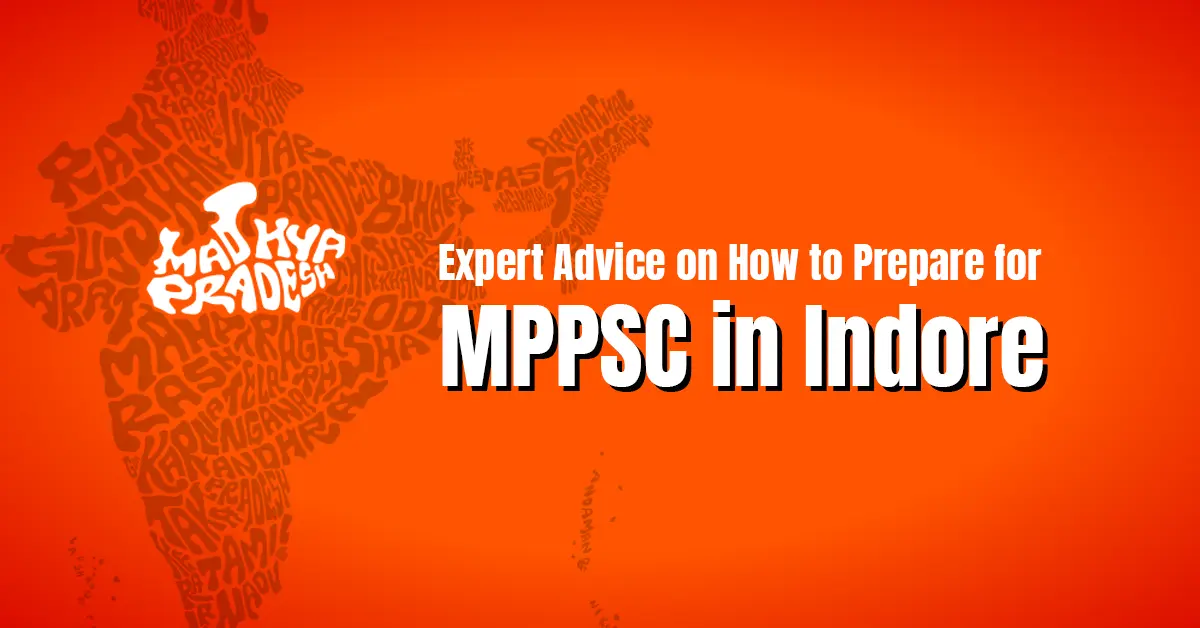For countless aspirants, cracking the Indian Administrative Services (IAS) Prelims examination remains a lifelong dream, and for many, a daunting challenge. With an overwhelming syllabus that spans across various subjects, candidates are often on the lookout for effective strategies to navigate through this formidable obstacle course, particularly when it comes to the IAS Prelims Strategy. In their quest for success, one name consistently stands out: Vajirao IAS Academy, the best IAS Coaching Institute in Delhi. Renowned for its comprehensive study materials and expert guidance, this coaching institute has become synonymous with excellence in IAS preparation, including strategies specifically tailored for the IAS Prelims. In this article, we delve into the tried-and-tested insights from Vajirao IAS Academy that can help aspiring civil servants ace their Prelims examination and embark on their journey towards fulfilling their dreams of serving the nation.
Moreover, Vajirao suggests that regular revision is essential to retain information effectively. In order to measure their progress, they furnish their students with monthly current affairs magazines and a comprehensive test series. Additionally, mock tests are conducted frequently by Vajirao IAS Academy to familiarize aspirants with the actual exam environment and improve their time management skills.
The experts at this renowned coaching center stress extensive practice as well. They advise covering previous years’ question papers extensively as it gives an insight into the type of questions frequently asked in prelims examinations. With a detailed analysis of these questions during doubt-clearing sessions, Vajirao aims at helping aspirants understand important concepts better.
Overview of IAS Prelims and its importance
The IAS Prelims, also known as the Civil Services Preliminary Examination, is the first step on the long and arduous journey to become an Indian Administrative Service (IAS) officer. It consists of two objective-type papers – General Studies (GS) Paper I and CSAT (Civil Services Aptitude Test) Paper II. While GS tests a candidate’s knowledge on a wide range of subjects including history, geography, polity, economy, environment and ecology, CSAT evaluates their aptitude in comprehension, logical reasoning and basic numeracy.
The importance of IAS Prelims cannot be overstated. It serves as a screening test to shortlist candidates for the next stage of the examination – the IAS Mains. Only those who clear the Prelims with high scores are eligible to sit for Mains. Therefore, it becomes imperative for aspirants to put in their best efforts during this phase of the exam preparation. Moreover, since there is negative marking for wrong answers in prelims – 1/3rd marks are deducted for each incorrect response – strategic guesswork becomes crucial for success in this examination.
To excel in IAS Prelims requires not only comprehensive subject knowledge but also effective time management skills. The syllabus is vast and covers a wide array of topics from different disciplines. Aspirants must have a deep understanding not just of facts and concepts but also their interconnections and practical implications.
Understanding the Role of Coaching Centers
Coaching centers have become an integral part of the IAS prelims preparation journey for many aspirants. These centers play a crucial role in providing the necessary guidance, support, and resources needed to crack one of the toughest examinations in India. While some argue that coaching centers are simply money-making institutions that exploit vulnerable students, it is important to understand the full picture before making such sweeping generalizations.
One of the key benefits of coaching centers is their ability to provide structured study material and a well-defined syllabus. This can be immensely helpful for aspirants who are overwhelmed by the vastness and complexity of the UPSC syllabus. Additionally, coaching centers offer regular mock tests and practice papers that help candidates gauge their performance and identify areas where they need improvement. The competitive environment created by these coaching institutes also motivates students to stay focused and dedicated throughout their preparation journey.
Overall, coaching centers should be seen as complementary rather than substitute for self-study. The Best UPSC Coaching Centers in Delhi provide guidance, support, and resources that can significantly enhance an individual’s chances of success in cracking the IAS prelims exam. However, it is essential for aspirants to exercise caution while choosing a coaching center as not all institutes deliver on their promises or cater well to individual needs. Ultimately, a balanced approach that combines self-study with targeted guidance from a reputable coaching center can go a long way in achieving one’s goal of becoming an IAS officer.
Selecting the Right Coaching Center for You
When it comes to cracking the prestigious IAS exam, the choice of coaching center can make all the difference. With so many options available, it can be overwhelming to select the right one for you. To make an informed decision, it is crucial to evaluate various factors such as teaching methodology, faculty expertise, study material provided, and past success rate.
One important aspect to consider is the teaching methodology employed by the coaching center. Each student has their own unique learning style and preference. Some prefer traditional classroom sessions with interactive discussions and doubt clarification sessions while others may benefit from self-paced online modules or personalized mentoring. Understanding your learning style can help you narrow down your options and find a coaching center that aligns with your needs.
Another factor to look into is the expertise of the faculty members at each of the best civil services coaching center in Delhi. The IAS exam requires in-depth knowledge across various subjects, so it’s important to have experienced mentors who are well-versed in their respective fields. Researching about their educational qualifications and teaching experience can give you an idea about their ability to guide you effectively through this rigorous preparation phase.
Furthermore, evaluating the study material provided by each coaching center is essential. The quality of study material plays a significant role in shaping your understanding of key concepts and strengthening your knowledge base. Look for centers that offer comprehensive notes, books, practice papers, and mock tests designed specifically for the IAS exam.
Lastly, considering the past success rate of a coaching center can provide valuable insights into its effectiveness.
Effective Study Strategies from Top Centers
One of the most effective study strategies recommended by top coaching centers in Delhi is the concept of active learning. This involves actively engaging with and processing information, rather than just passively reading or listening. Top IAS Coaching Centers in Delhi emphasize the importance of taking notes, summarizing concepts in your own words, and discussing topics with peers to deepen understanding. By actively engaging with the material, you can improve comprehension and retain information more effectively.
Another valuable strategy from top centers is to create a study schedule that incorporates regular breaks. Many students make the mistake of trying to cram as much studying as possible into long stretches of time without breaks. However, research has shown that taking regular breaks actually improves concentration and retention. Delhi’s top coaching centers recommend breaking study sessions into shorter segments (such as 25-30 minutes) followed by a short break (around 5-10 minutes). This allows your brain to rest and recharge before diving back into studying, resulting in better focus and productivity overall.
Overall, these insights from Delhi’s top coaching centers highlight the importance of active learning and strategic scheduling for effective studying. By incorporating these strategies into your IAS Prelims preparation, you can optimize your learning experience and increase your chances of success on exam day. So don’t just rely on passive reading or last-minute cramming; be proactive in your approach to studying and give yourself ample time to rest and recharge along the way.
Time Management Tips for IAS Prelims Preparation
- One of the most crucial aspects of IAS Prelims preparation is effective time management. With a vast syllabus to cover and limited time available, it becomes imperative for aspirants to make the most of every minute they have. To start with, creating a realistic and well-structured timetable is essential. Assign dedicated time slots for each subject or topic, taking into consideration their significance and your level of comprehension. This will ensure that you give equal attention to all areas while also focusing more on your weaknesses.
- Another key aspect of time management is setting weekly and daily goals. Break down the syllabus into smaller, manageable chunks, and set clear targets for what you want to achieve within a specific timeframe. These goals can be quantifiable such as finishing a certain number of chapters or solving a set number of practice questions every day. By working towards these mini-milestones, you not only maintain a sense of progress but also stay motivated throughout your preparation journey.
- In addition to planning your study schedule, it is equally important to allocate time for other activities like revision, mock tests, and physical exercise. Revision allows you to reinforce what you’ve learned so far, ensuring better retention and recall during the exam. Regularly taking mock tests gives you an idea about your weak areas, enabling targeted improvement while simulating the real exam environment. Lastly, don’t neglect your physical well-being; engage in regular exercises or activities that help relieve stress and keep you energized.
Familiarizing Yourself with Exam Patterns and Syllabus
Familiarizing yourself with exam patterns and syllabus is crucial in any exam preparation, and the UPSC Civil Services Examination is no exception. The IAS Prelims includes two papers: General Studies (GS) and Civil Services Aptitude Test (CSAT). While the GS paper tests your knowledge of subjects like History, Geography, Polity, Economy, Environment, Science and Technology, CSAT assesses your analytical reasoning and problem-solving skills. By understanding these distinct patterns, you can tailor your study plan accordingly.
Additionally, delving into the detailed syllabus for each subject allows you to identify key topics that require more attention. For example, the History syllabus covers ancient India up to modern times along with world history – an extensive range of topics to cover. Similarly, the Geography syllabus includes physical geography as well as human geography. Knowing what is expected from you in terms of content will help you allocate time wisely for different subjects based on their weightage in the exam.
Conclusion: Key Takeaways from Delhi’s Top Coaching Centers
In conclusion, the Best UPSC Coaching Institutes in Delhi a crucial role in shaping the IAS aspirants’ journey towards success. From the insights gathered, it is evident that these coaching centers provide a robust foundation for exam preparation through their well-structured curriculum and experienced faculty. Moreover, they emphasize current affairs and analytical thinking skills to ensure holistic development.
One key takeaway from our discussions with coaching center experts is the importance of self-study and personalized strategies. While guidance from the coaching centers is invaluable, it is ultimately up to each individual aspirant to put in the effort and tailor their approach according to their strengths and weaknesses. This proactive approach not only instills confidence but also enhances one’s ability to navigate diverse question patterns effectively.
Furthermore, Delhi’s top coaching centers serve as an ecosystem where aspirants can network with like-minded individuals who share the same passion for cracking civil service exams. The competitive environment motivates students to strive for excellence and exchange valuable insights on study materials, techniques, and resources. By fostering this collaborative spirit, these coaching centers create an ecosystem that nurtures collective growth while also nurturing individual aspirations.




